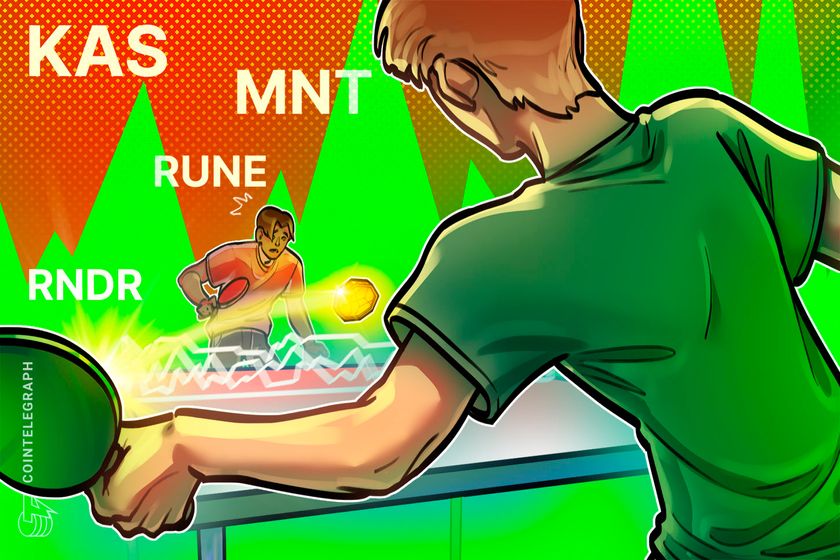Crypto research firm, TokenInsight, has published a report covering the crypto mining industry during the first quarter of 2020. The report emphasized swings in Bitcoin (BTC)’s hash rate and the phasing out of older ASIC models.
However, volatility has had a greater impact on Chinese miners — with Antminer S9s becoming unprofitable during March.
Miners using old ASICs are impacted by price crash
The report describes BTC hash rate as having been “extremely volatile” during the early months of 2020 — ranging from between roughly 70 exahashes per second (EH/s) and 100 EH/s.
According to the report, the profit margins of older ASIC units are “being squeezed out by the newer generation miners.”
TokenInsight finds that the profitability of Bitmain’s Antminer S9’s was approximately 35% in the early months of 2020 before plummeting into negative territory amid the March crypto crash. However, the report notes that the profitability of S9’s rebounded back to roughly 20% during April.
Uneven geographic impact of COVID-19 on mining
While the report notes that that the coronavirus pandemic has had “a negative impact on mining farms globally,” Chinese miners have been the hardest hit as many operators in the west have adapted to the crisis by reorganizing operations.
At the start of April, Cointelegraph reported that 40 mining operations in China were forced to shut down as the March crash rendered S9-based companies unprofitable — with F2pool reporting that roughly 2.3 million miners had gone offline since Mach 10.
Further, supply chain shocks have resulted in delays to the expected shipping dates for next-generation ASICs in June, fuelling predictions.
ASIC manufacturers target new algorithms
Despite a 60% crash in the number of new ASIC miners coming online quarter-over-quarter, the firm reports that Q1 2020 saw the highest number of ASICs active on the Bitcoin network in three years.
The report also identifies that the majority ASICs available on the market today are designed for algorithms other than Bitcoin’s SHA-256 — with 86 SHA-256 miners compared to the 97 ASICs available for various altcoins.










